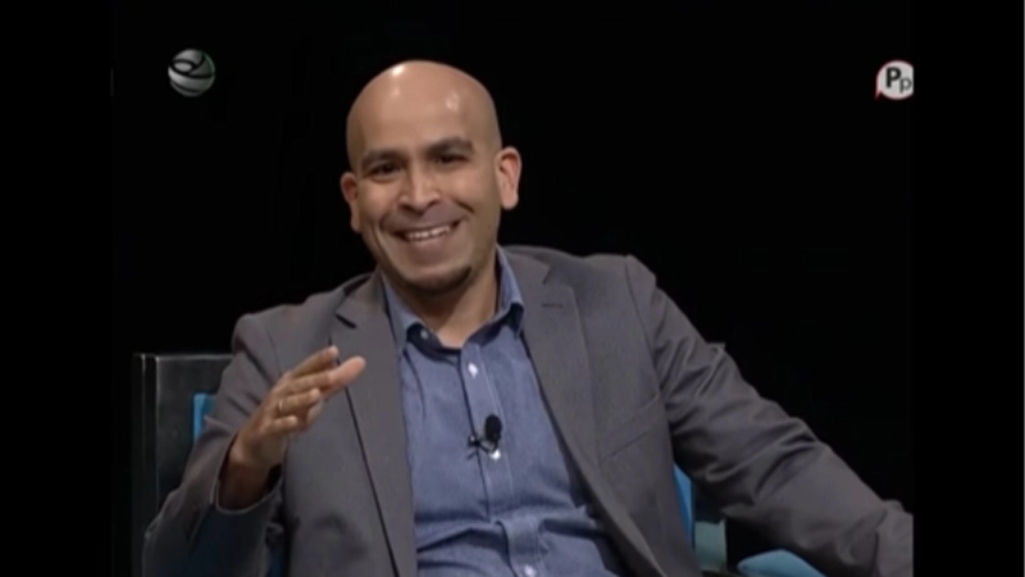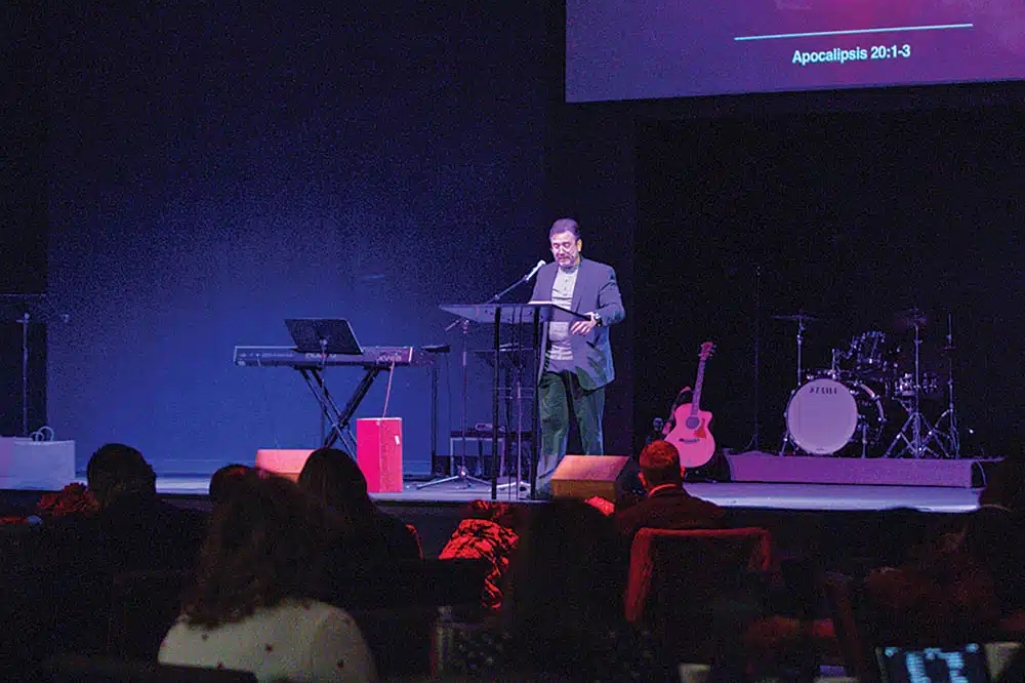
Bárbaro Abel Marrero Castellanos, dean of the Baptist Seminary in Havana and president of the Baptist Convention of Western Cuba, was invited to participate in a panel discussion concerning the public’s opinion of the new Cuban Family Code on Palabra Precisa (Precise Word), a TV show on the Cubavisión Network.
The show, broadcast April 1, was accessed by Christians all over the world via the internet and social media.
“I cannot stop saying that I felt the presence of God guiding me and the support in prayer of numerous brethren from different denominations and locations in our country,” Marrero told Baptist Press (BP). “We are a great people, united and of one mind. …
“I want to thank the Lord and the authorities of the country for granting the conservative evangelical church this opportunity that we have yearned for and requested for a long time.”
Marrero, who has a Ph.D. in world Christian studies from Southwestern Baptist Theological Seminary, also expressed gratitude for the “professionalism and cordiality with which we were treated by journalist Bárbara Betancourt, host Alienn Fernández, producer Pablo Santos, as well as the director of the program and the rest of the team involved in the recording.”
The executive secretary of the Reformed Presbyterian Church of Cuba, Dora E. Arce Valentín, was also included in the interview.
“I believe we should never attack the people, but the argument,” Marrero said. “I was able to have a friendly conversation with Pastor Dora Arce before and after the interview. Although we have different ethical and theological positions, we are not enemies.”
Cuba’s “Family Code” is a set of laws dealing with everything from marriage to divorce to the raising of children. It also includes rules for disciplining children in Cuba that prohibit “any type of corporal punishment,” Marrero said. Though Marrerro decries abuse of children, he said the Family Code “limits the rights of parents towards their own children.”
Marrero recommended that if the Family Code is approved as it is, including its endorsement of same-sex marriage and its limits on parents’ ability to discipline their children, it should also include “an exception clause be created for people whose conscience would be violated and that the possibility be created for parents to have other options to educate their children.”
During the interview, Marrero shared the gospel and used Romans 5:8—“But God demonstrates His own love toward us, in that while we were still sinners, Christ died for us”—to explain God’s love for mankind. He defended his faith, defended the biblical union of marriage as an institution created by God between a man and a woman and said: “God’s love is not just words, but it is demonstrated in deeds.”
Marrero also was able to express his opinion about the church and society.
“I consider that the church is not called to conform to today’s times, but rather the church is called to be a light for society,” he said in the television interview. “In fact, Jesus Christ Himself called us Christians and told us that we were the salt of the earth and the light of the world. And one of the things that salt does specifically is to prevent a society from being corrupted, and what the light does is to not allow darkness to fill a place, a society, but rather to provide hope. In that sense, I believe that the church has a voice, it has a calling, it is not called to adapt to society, but rather to try to transform that society positively.
“In some way, the church must have a role of conscience in society. The apostle Paul, when he spoke to Christians, said to them, ‘Do not be conformed to this world, but be transformed by renewing your understanding.’ So, we understand that the church should not adapt, but should be a stimulus for the society to change. We can use the following illustration: the church is not a thermometer that simply adapts to the weather around it. The church is a thermostat that is called to establish a healthy climate so that society isn’t corrupted.”
The opportunity to be on the Cubavisión program was an important opportunity, he told BP.
“I think that we reliably showed that it is possible to dissent based on mutual respect,” Marrero said, “and it would be appropriate, based on this experience, that the Cuban population could enjoy opinion programs with this format, including other sectors and topics relevant to our society. These dialogues enrich us all in different ways. …
“This has been an opportunity for unity with like-minded thinking, and the majority of evangelicals in Cuba feel supported and encouraged to defend their faith.”
Marrero has served as dean at the Havana Baptist Seminary and served the churches affiliated with Cuba’s Western Baptist Convention since 2014. He has seen much growth in that time
“Currently the seminary has 400 students and offers a master’s degree in Christian ministry and theological education, as well as a ministry to pastor’s wives, several certificates, and six different bachelor’s degrees,” he said.
He asks other Christians to “pray for the church in Cuba, for the attacks, threats and challenges that are faced daily, and for the Lord to help Christians to remain faithful in a hostile setting.”
(EDITOR’S NOTE – Clara Molina, a member of the Southern Baptist Leadership Council, is a lecturer and author. She and her husband Bruno, associate of evangelization and interfaith languages with the SBTC, have two adult children and two granddaughters.)


